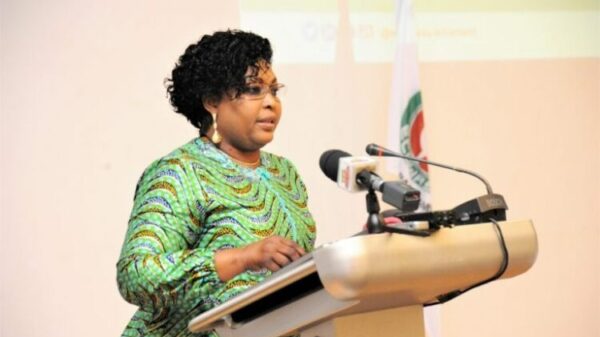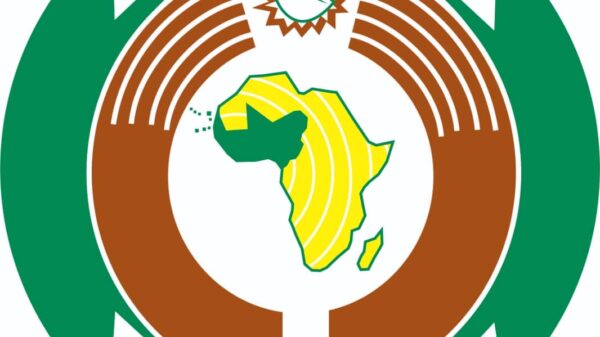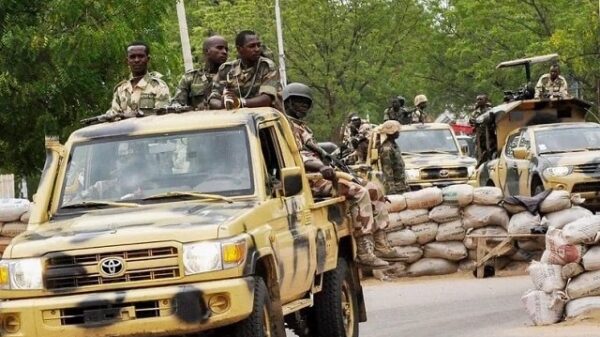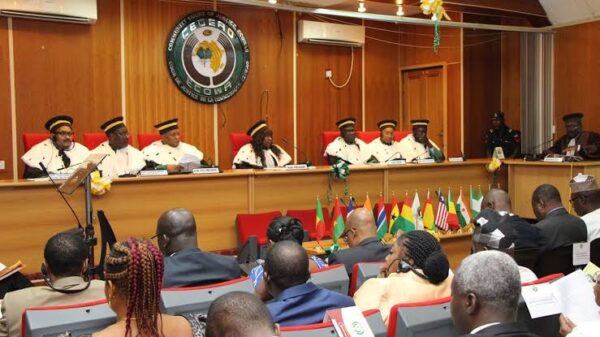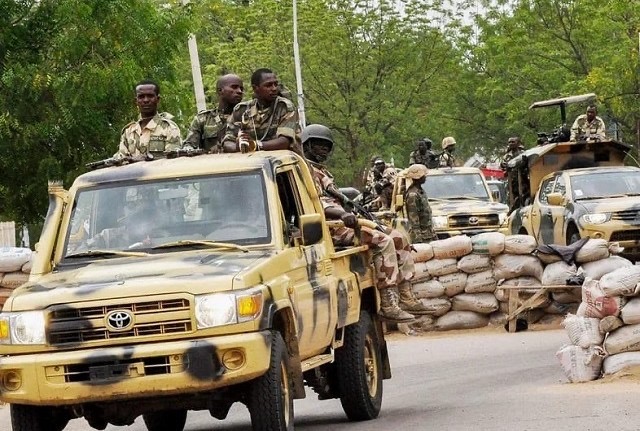The Economic Community of West African States (ECOWAS) says it is working towards harmonising framework and policy documents for the management of logistics for its Standby Force (ESF).
The Standby Force constitutes the use of force as a last resort if diplomacy fails.
Mr. Abdel-Fatau Musah, ECOWAS Commissioner for Political Affairs, Peace, and Security, made this known at a four-day workshop to review the documents, in Kano on Tuesday.
Musah, who was represented by Dr Cyriaque Agnekethom, Director Peacekeeping and Regional Security, said that the documents spelled out the logistics requirements by the Troop Contributing Countries, ECOWAS, and other partners.
He explained that the workshop was organised to review and harmonise the documents to address emerging contemporary security challenges.
He recalled that the Commission had earlier recruited a consultant in 2019 to develop the policy and guiding documents for the management of ECOWAS Logistics Depots (ELDs).
He explained that the ESF logistics concept was created in 2005 to provide a platform for the coordination of all key logistics support and procedures for the ECOWAS Standby Force.
According to him, both documents were reviewed during internal expert workshops and are now ready for an independent expert validation.
“The documents are expected to be rich enough to address contemporary challenges and in tune with international best practices.”
The commissioner further said that the logistics concept also provided a conceptual understanding of sustained operations, considering that the dynamics of the contemporary security environment and peace support in the region had continued to evolve.
This, he said, underscores the need to adapt the original ESF logistics concept to accommodate emerging realities.
He added that to deploy the ESF efficiently, when necessary, ECOWAS had established a Multidimensional Logistics Depot in Lungi, Sierra Leone, and a Humanitarian Logistics Depot in Senou, Mali.
Earlier, Dr. Sani Adamu, acting Head of ECOWAS Peace Support Operations, decried the challenges of peace keeping operations over the years.
He said that it was for this reason that ECOWAS decided to put in place an effective framework to enhance the ESF’s deployment capacity.
Adamu said that the overall objective of the workshop was to review and harmonise the policies in line with UN and AU standards of procedures.
He said that the participants would review the logistics concept, existing statutes, policies, and other strategic instruments relating to ESF’s objectives as an instrument for conflict prevention and management.
“It was also organised to update, harmonise, and finalise the policies on ECOWAS logistics bases, in line with AU and UN principles.
“It was also to review and adopt a standard organogram for the ELD, among others,” he explained.
A participant, Mr Francis Babatunde, said the two documents, if reviewed, would enhance the deployment capacity of ESF for strategic roles towards a formidable regional security framework.



